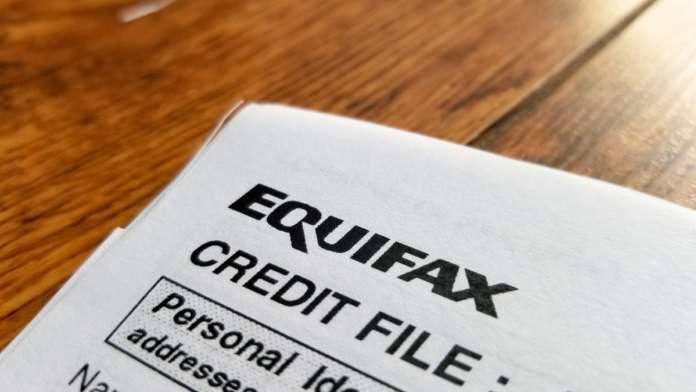Medical bills will no longer be included in credit reports, under a pending rule from the Biden administration set to go into effect in March.
AI investors will demand returns on their investments in 2025, analyst says CC Share Subtitles Off
English view video AI investors will demand returns in 2025, analyst says
AI investors will demand returns on their investments in 2025, analyst says CC Share Subtitles Off
English AI investors will demand returns in 2025, analyst says
The Consumer Financial Protection Bureau (CFPB) said Tuesday that its rule would prevent lenders from considering medical information in their decisions and prevent debt collectors from using the credit reporting system to push people to pay bills they don’t owe. In a statement, the agency said its research showed that medical bills are a “poor” indicator of whether or not people will repay a loan.
Advertisement
The rule will remove roughly $49 billion in medical bills from the credit reports of an estimated 15 million Americans, according to the CFPB. It will also help get about 22,000 additional mortgages approved every year, according to the CFPB’s estimate. Americans burdened by medical debt could see their credit scores grow by about 20 points.
Advertisement
“People who get sick shouldn’t have their financial future upended,” CFPB Director Rohit Chopra said in a statement. “The CFPB’s final rule will close a special carveout that has allowed debt collectors to abuse the credit reporting system to coerce people into paying medical bills they may not even owe.”
Advertisement
The rule is scheduled to take effect 60 days after it’s finalized by the bureau. As with other late rules passed by federal agencies ahead of President-elect Donald Trump’s inauguration, it’s likely to face opposition from Republican lawmakers, who are skeptical of additional federal regulations and have been critical of 11th-hour decisions from the outgoing Biden administration.
Last August, a group of House Republicans said they had “serious concerns” about the rule, which they said was an attempt to “weaken the accuracy and completeness of consumer credit reports,” according to a letter sent to Chopra. The group, which included then-House Financial Services Committee Chair Patrick McHenry, said the rule would have “significant negative effects on access and affordability” of consumer credit.
Advertisement
The Bank Policy Institute and the Consumer Bankers Association, two trade groups representing major banks including Bank of America (BAC+1.65% ) and Citi, wrote in August that the rule “is a misguided attempt to address” the CFPB’s concerns over sky-high medical costs and debt collection. The letter also argued that the rule may lead to consumers being extended more credit than they can afford.
In April 2023, Equifax (EFX-1.15% ) , Experian, and TransUnion (TRU-2.13% ) said they would remove medical collection debt with an initially reported balance of less than $500 from credit reports. That change resulted in almost 70% of reported medical collection debt tradelines being removed from consumer credit files, the companies said at the time.




